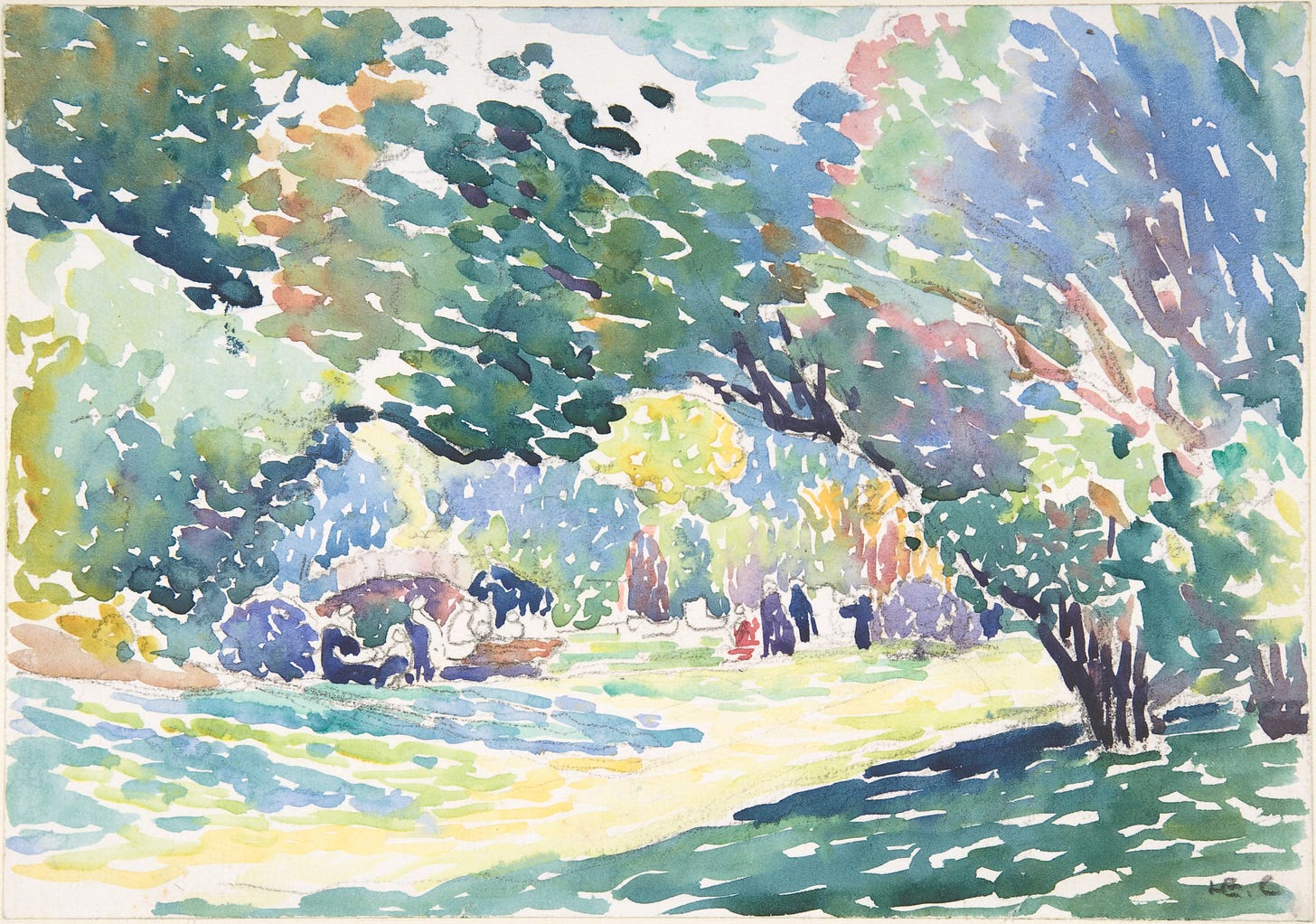
The only word that can be used to adequately describe Kapka’s work is ‘mesmerizing.’ The effect either of reading her writing or of listening to her speak is one of being swept into what feels like an alternate dimension, where everything is tinged with a kind of numinosity and wonder.
To experience the vividness of her perspective once is to seek its repeated encounter — and, fortunately for us, it can be found throughout what are currently more than a dozen of her published books and countless interviews. I’m delighted, with our conversation, to have added to this rich collection of transporting exchanges.
Jana M. Perkins
Founder, Women of Letters
Kapka Kassabova is a multigenre writer of narrative non-fiction, poetry, and fiction. Border, the first book in her Balkan quartet, won a British Academy Prize, the Scottish Book of the Year, the Stanford-Dolman Travel Book of the Year, and the Highland Book Prize. Kassabova grew up in Bulgaria and studied in New Zealand; today, she lives by a river in the Scottish Highlands. Her work has been translated into twenty languages, and she remains literarily bilingual with English being her primary literary language and Bulgarian a close second.
How did your childhood shape your ideas about what work looked like and what was possible for you?
Kapka Kassabova: You know, this is a wonderful question, and I’ve never been asked it before. It made me think about the role of work in my childhood, and I realized that actually my upbringing and my environment in those days — in communist Sofia — was all about work. It was all about work.
Everybody worked in that society, and both my parents worked full-time. So there was a kind of work ethic and a work mentality and an achievement mentality. Even with communism, there was the concept of the star worker. So work was ingrained in the education system — in all systems, really. And it was a very conformist society, a totalitarian society. I can’t remember who said that the opposite of courage is not cowardice, but conformity. It was entirely a society built on lack of courage, on lack of difference, on this sort of unspoken need to be part of the ruling ideology.
So it was an ideology-based society that I grew up in. And, as we know, ideology is often at odds with reality. The reality of everyday life in a conformist society is wild and sort of unstable and unpredictable, and when you’re a child it’s exciting. But the difference is that, in a conformist society, you feel suffocated, so that you can’t fully express yourself. And so that’s the kind of atmosphere that I grew up in. It was a kind of pressure cooker.
My family, my parents, they were devoted to learning. And that really was a great gift: to be born in a family that’s dedicated to learning and achievement. So learning was king, you know — excelling was king. And this came with very heavy baggage, of course. I had to unlearn to be a high achiever later in life, to unlearn to kind of constantly be the star student. So a really interesting kind of dichotomy of, you know, being kind of born into the intelligentsia of the time, where learning was encouraged. Whatever I wanted to learn or practice — the piano, I played the piano, I learned to draw, I learned languages, I learned to ski — was encouraged. On the other hand, this kind of oppressive perfectionism that that came with was something that I’ve had to unlearn. And I guess, for all of us, that is the task of growing up: unlearn certain things that are ingrained from your upbringing.
“It made me question everything. And it made me dream. It probably made me into a writer, because where do you escape when you are physically unable to escape? You escape into your imagination. You escape into books.”
And, finally, perhaps the most defining thing in my childhood, which really shaped who I am and also shaped my work, was the border: the Iron Curtain, behind which we grow up. I was one of the last sort of children of the Iron Curtain. My generation was the last to grow up behind the Iron Curtain in Eastern Europe. And the long shadow of that border, the harshest border in the world at the time, made me into a rebel. It made me question everything. And it made me dream. It probably made me into a writer, because where do you escape when you are physically unable to escape? You escape into your imagination. You escape into books and the world of the imagination, daydreaming and planning your future journeys. And that is how I spent my childhood. So it’s perhaps not surprising that I ended up, decades later, writing a book called Border.
Jana M. Perkins: I’m curious: were the attitudes around work made explicit as you were growing up? You mentioned that everyone was working — both of your parents, the members of your community — and that academic excellence was something that you were striving towards as a young child. But were those attitudes or expectations explicit, or just sort of implicitly in the ether?
KK: They were explicit. And to such an extent that we had this phenomenon — I think it still exists in some countries — called the Olympiads. And the Olympiads was where the star students went to compete with each other from across the country and internationally.
So of course I was a regular at the Olympiads. Sitting there, you know, on weekends and in your holidays, when really you should be, I don’t know — running along the beach somewhere, or doing something fun. I was sitting in a classroom, yet again, at the Olympiad, solving complex mathematical problems or writing an essay on, I don’t know, the meaning of homeland. And it was so explicit that you had no choice. If you excelled at something, you had to go to the Olympiad and sort of progress.
And so, you know, that produced a generation of neurotic children, of course. My generation sort of came out of this highly educated and highly neurotic. And a lot of my generation of children growing up in Bulgaria ended up emigrating, some returning. But many of us are high achievers, and we are a kind of transitional generation, in many ways. We came of age as the Iron Curtain came down. We were in our late teens, our generation. Many of us have become sort of nomadic, or at least, sort of—… that’s a misuse of the word. Let’s return to the word ‘nomadic,’ because this is what my latest book, Anima, is all about: pastoral nomadism. Maybe not a coincidence.
I think the most defining thing about the explicitness of the work ethic and the work pressure was that it was meant to create yet another generation of conformists, in a way. But it didn’t turn out that way. We got to explore the world, and, in doing that, explore ourselves, our generation of children. And through a lot of pain, you know? I think it’s been a long and winding sort of road. I’ll leave it there.
Fast-forward to today. How did the path to what you’re doing now unfold?
KK: It’s been quite surprising, really. And I think ‘path’ is a good word. It turns out that paths have been much more important to me as a creator and as a soul, as an evolving soul in this lifetime, than roads. Paths rather than roads.
When I started researching and writing about people and places, which happened with Border, I found my voice. And I found my voice thanks to the transformative encounters with people in those places that I had. And that was thanks to paths. Paths are away from roads. Paths are on the periphery of the center of power. The center of power is very fond of roads and other large infrastructure.
And after all the roads that I had traveled as an adult — you know, as someone who emigrated more than once, changed countries more than once, changed languages, sort of acquired various cultural identities along the way — in the end, the most important journey has been a journey of paths. In a way, researching Border, which was the book where I really felt that I found myself and I found my genre — I created my own literary genre and continued from there — it coincided with a life event, which was that I moved from the city to the countryside. And in doing that, I started to shed some of the baggage that we’ve just been talking about.
I felt as if living in the countryside somehow deinstitutionalized me — from the expectations of urban living, from some of the other pressures of living in a very busy society with all the conformity that goes with it. Because, let’s face it: we are still living in a conformist society. There are all sorts of pressures from all sides. If you are surrounded by more nature than human society, you become more like nature and less like human society. And so the book Border took me to a kind of geographical periphery, which is at the same time, I would say, the frontline of history and of current events. And that’s the border region of Bulgaria, Greece, and Turkey.
“To write about your ancestors, to write about the land in the way that I did, it takes maturity. It takes many other journeys. And I had completed those previous journeys and was ready to explore my matrilineal line, but to explore it in my way.”
It’s also a mountainous region. And in spending time in that area, meeting the people of the border, I discovered something. I felt as if a new kind of portal opened for me creatively. And also, I would say, spiritually. For me, creativity and the life of the spirit are the same thing. Contrary to my upbringing, where the focus was all on mental achievement, as opposed to other kinds of learning. And so the path has been varied for me, but it became more and more coherent from Border onwards.
I went on to write three other books, which are set in different parts of the Southern Balkans, mostly in Bulgaria or its neighbours. And each subsequent book kind of was born from the previous one. It was a process of sort of self-pollination, where I didn’t plan it to be a quartet of books, but each place made me resonate so strongly. The echo of each place and its human stories resonated so strongly in my being, in my life, that it propelled me onto the next journey and the next place and the next theme.
And so the path became coherent from the mountainous border to the lake. The next book is set actually on another triple border, but the defining image of that book is a lake. And it’s a lake where my grandmother came from, in Macedonia. And like the border, which cast a deep shadow in my childhood, the lake was something I had always lived with. I knew the lake a little bit. My grandmother embodied the lake. And I always knew I would go back to the lake and write about it when I was ready.
Of course, to write about your ancestors, to write about the land in the way that I did, it takes maturity. It takes many other journeys. And I had completed those previous journeys and was ready to explore my matrilineal line, but to explore it in my way, which was through the land. And instead of writing a biography of the women in my family, I ended up…
Our conversation with Kapka continues on the podcast. You can listen along on Substack, Apple Podcasts, or Spotify.
We spoke with Kapka remotely. Our conversation has been edited for clarity.
A place in the larger world: An interview with Jenna Butler
“I was born in rural eastern England and lived for the first few years of my life in a tiny parish too small to be on any but the most local of maps. Life there was agrarian, simple, quiet, and deeply connected to the earth; these qualities sank into me and have stayed all my life.”
To feel and think and know: An interview with Miranda Dunham-Hickman
“I wouldn’t use the word ‘unfold.’ No — it zigzagged, and there were lightning strikes, even literal tornadoes which I came within a whisker of. It’s felt more like a series of diagonals along the way, drama, uncomfortable transitions. Nothing in the nature of a gradually unfolding pathway.”
Thank you for being here — we’re delighted you’re a part of the Women of Letters community. If you are too, here are a few ways you can help keep it going:
❤️ Heart & leave a comment to help other folks find this post.
💌 Recommend our Substack with a testimonial and you might see it featured on the homepage.
💬 Share this conversation with someone who needs to see it.







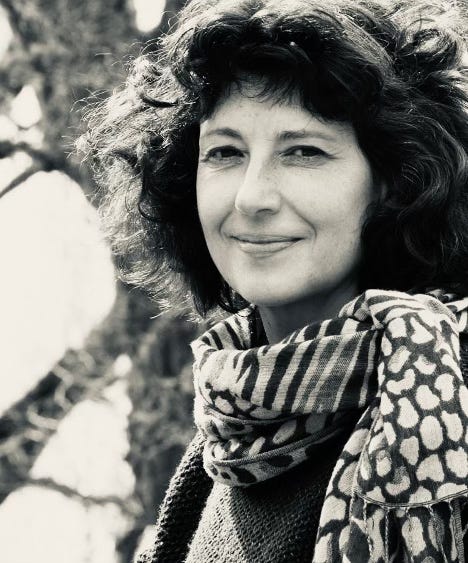

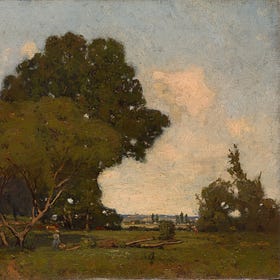
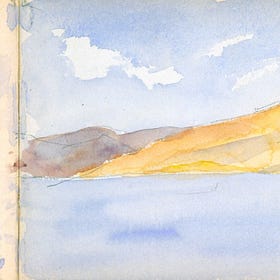


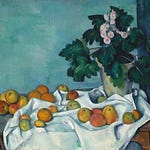


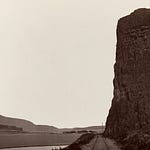

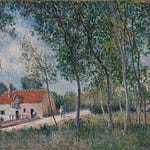

Share this post